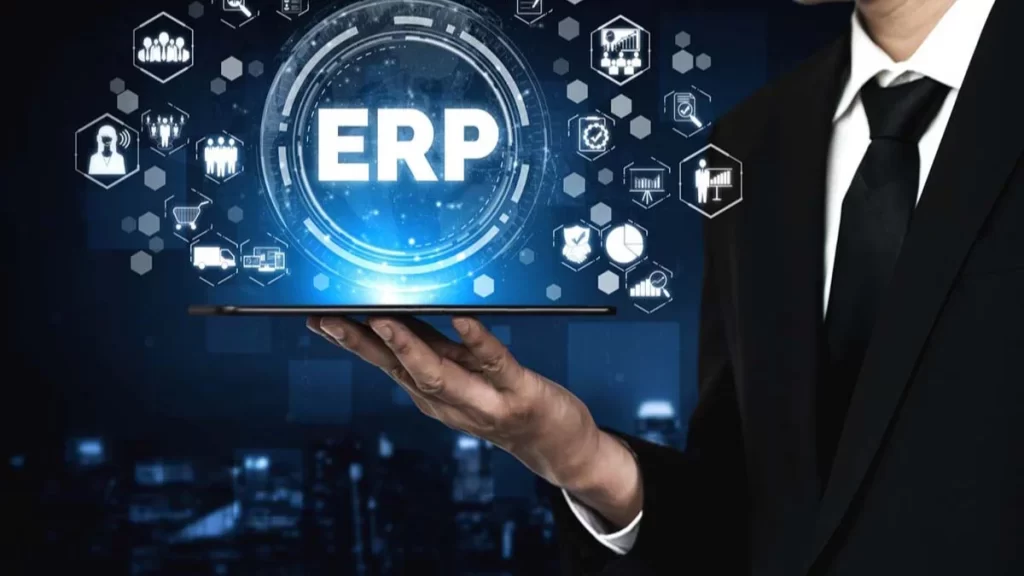In the intricate dance of supply chain management, transparency has long been a sought-after commodity. The journey of goods from supplier to customer is a complex tapestry, often shrouded in opacity, leading to inefficiencies, mistrust, and challenges in ensuring product quality and authenticity. The quest for a transparent, efficient, and secure supply chain has been a persistent challenge, yet the advent of blockchain technology presents a beacon of hope. This technology, with its roots in the creation of Bitcoin, offers a decentralized ledger system that ensures data integrity and transparency, promising to revolutionize supply chain management when combined with Enterprise Resource Planning (ERP) systems.
ERP systems, the backbone of modern businesses, integrate various operational functions into a unified platform, streamlining processes and information flow across the organization. The convergence of blockchain and ERP systems heralds a new era in supply chain management, combining the comprehensive integration capabilities of ERP with the transparency and security of blockchain. This fusion promises to transform supply chain transparency, paving the way for enhanced efficiency, trust, and collaboration.
The Essence of Supply Chain Transparency
Supply chain transparency is the cornerstone of effective risk management and quality assurance. It provides businesses with a clear view of their supply chain operations, from product origin to final delivery, enabling them to ensure quality, prevent fraud, mitigate risks, and build trust with customers and partners. Industries such as food, pharmaceuticals, and cosmetics, where consumer safety and quality standards are paramount, stand to benefit significantly from enhanced supply chain transparency. Transparent practices not only bolster customer trust and loyalty but also offer operational efficiency gains, as businesses can identify and eliminate inefficiencies and redundancies.
Blockchain Technology: A Beacon of Transparency
Blockchain technology, with its decentralized ledger system, offers a transparent, secure, and immutable record of transactions. This technology eliminates the need for a central authority or intermediary, ensuring data integrity and security. When integrated with ERP systems, blockchain technology can revolutionize supply chain management by providing an immutable and shared record of all transactions, reducing the risk of fraud, errors, and duplication.
The Synergy of Blockchain and ERP Systems
The integration of blockchain technology into ERP systems enhances supply chain transparency in several ways:
– Data Integrity and Security: Blockchain’s immutable ledger ensures the integrity and security of data, reducing the risk of fraud and data manipulation.
– Real-time Tracking: Blockchain enables real-time tracking of goods, providing comprehensive visibility and traceability, which is crucial for inventory management and delivery efficiency.
– Smart Contracts: Blockchain’s smart contracts automate many ERP procedures, reducing manual intervention and increasing process efficiency.
Conclusion
The integration of blockchain technology into ERP systems holds the promise of revolutionizing supply chain transparency. By providing an immutable ledger, real-time tracking, and automated smart contracts, blockchain-enabled ERP systems can enhance data security, reduce fraud and errors, and streamline operations. As businesses continue to explore and innovate, the potential of blockchain technology to transform supply chain management is vast. Through proper implementation, blockchain can significantly enhance supply chain transparency, creating a more efficient, secure, and trustworthy ecosystem for all stakeholders
